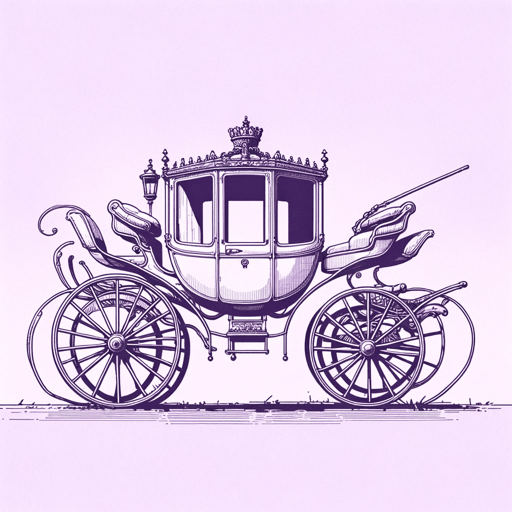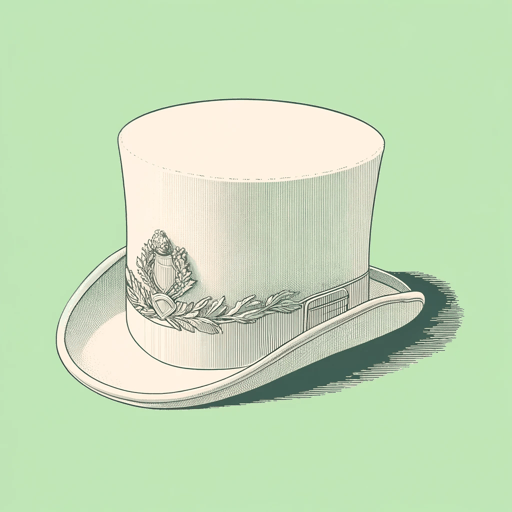62 pages • 2 hours read
Nikolai GogolDead Souls
Fiction | Novel | Adult | Published in 1842A modern alternative to SparkNotes and CliffsNotes, SuperSummary offers high-quality Study Guides with detailed chapter summaries and analysis of major themes, characters, and more.
Themes
Greed and the Pursuit of Wealth
Greed drives the novel’s plot. Chichikov wants dead souls because he hopes mortgaging these peasants will make him a rich man. He plays on the same motive when persuading his customers to sell their dead souls, and it often works, even when landowners mistrust the weirdness of his request. We also see greed reflected in the cartoonish characters Chichikov encounters: for instance, the gluttonous Petukh, the profligate Khlobuyev, and the miserly Plyushkin. Whether it is expressed through indulgent overspending or parsimonious hoarding, greed in the novel connects the pursuit of wealth above else with misery.
Greed often upsets Chichikov’s schemes. Early on in the novel, the avaricious Nozdryov undermines Chichikov by revealing his plans at the governor’s ball, leading to the conflagration of gossip that ultimately drives Chichikov from town. Later, Chichikov’s overreach in forging a false will brings significant consequences in the form of prison and possibly worse.
Ironically, the novel’s wealthiest characters, Kostanzhoglo and Murazov, are also its moral center. Both have accrued their fortunes through the methodical application of hard work rather than fly-by-night get rich quick schemes. Nevertheless, there is something ominous in the idea that Murazov, the alcohol monopolist and tax collector, would be the mouthpiece for good advice, reminding Chichikov not be “ blinded by your possessions” (6821).
Related Titles
By Nikolai Gogol
Featured Collections
Class
View Collection
Class
View Collection
European History
View Collection
Politics & Government
View Collection
Religion & Spirituality
View Collection
Satire
View Collection
School Book List Titles
View Collection
Truth & Lies
View Collection
Victorian Literature
View Collection
Victorian Literature / Period
View Collection






